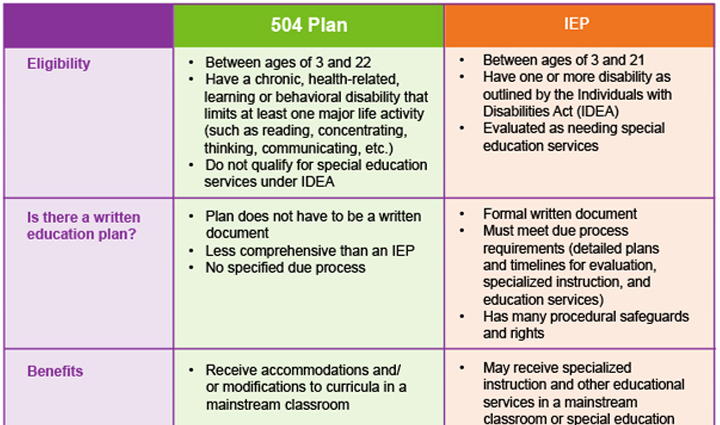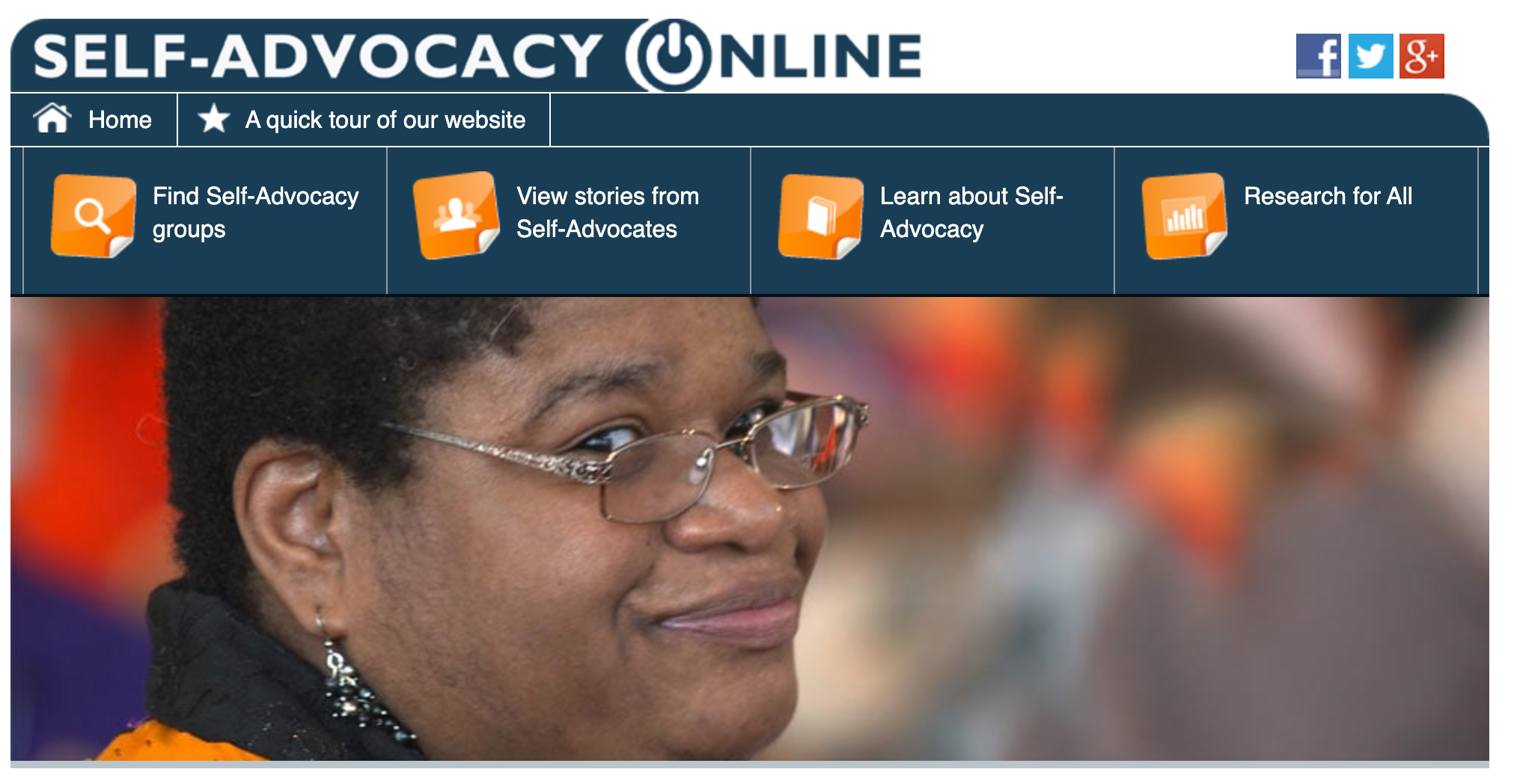Self-determination is the process by which you control your own life, including the skills, knowledge, and beliefs that allow you to make informed choices and accept the consequences/responsibilities that result from those decisions.
Are you ready to make your own choices and live with the consequences? Are you able to set goals and complete the steps necessary to achieve those goals?
Self-advocacy is knowing your rights and having the ability to effectively communicate your needs, interests and desires. Self-advocacy, one part of self-determination, is the ability to speak for yourself and seek what you need for your life. This includes risk-taking, negotiating, the ability to respond to conflict/criticism, and persistence to achieve your goals.
How well do you know yourself? Can you describe your strengths, weaknesses, and disability? Learning about and being able to communicate these things are part of transitioning to adulthood.



Examples of accommodations or modifications for school, the workplace, and independent living
Teaching Self-Advocacy from Transition Tennessee on Vimeo.


Definition of Disability
The Individuals with Disabilities Education
Act (IDEA) defines “child with a disability”
as a child with any of the following: